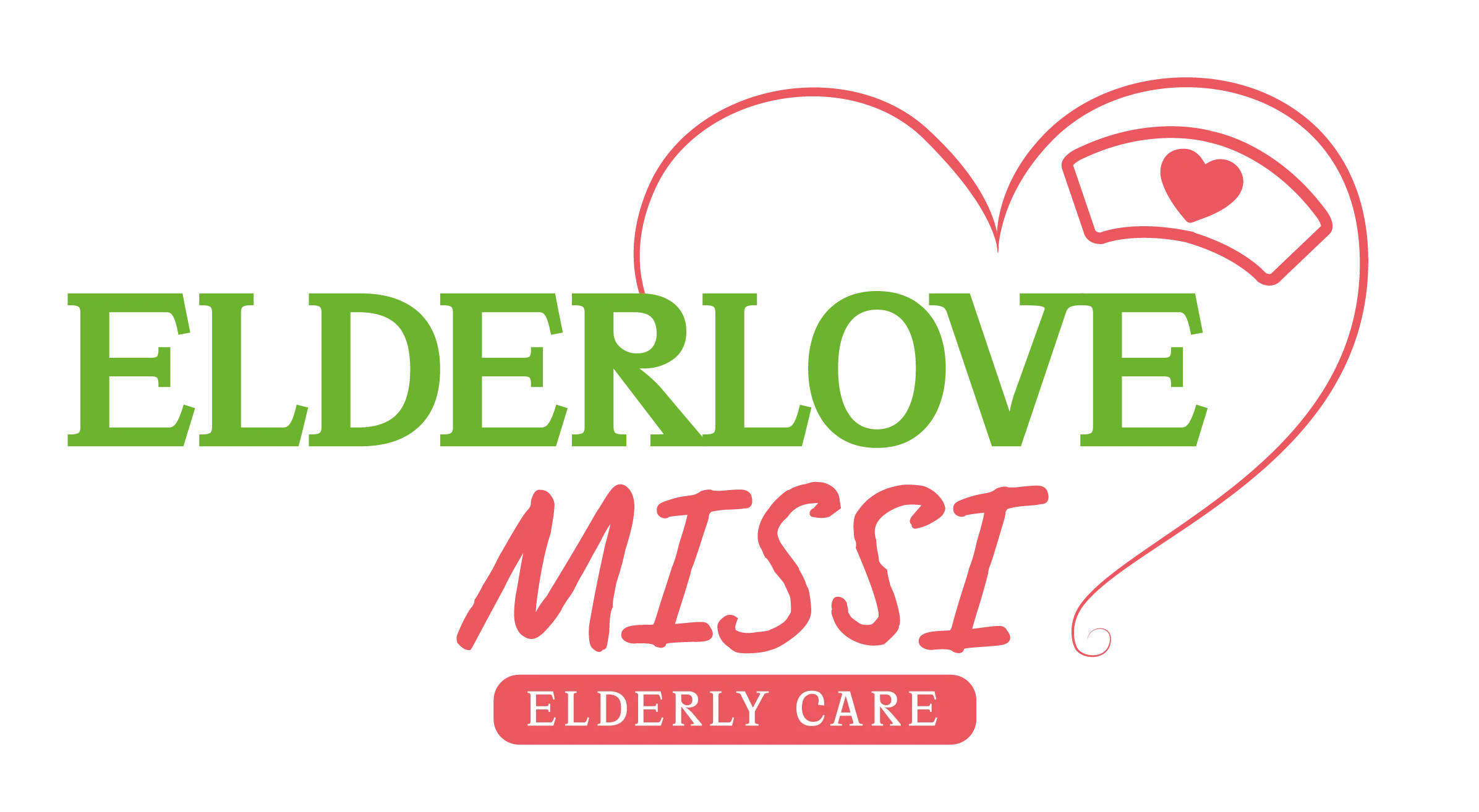Infections in the elderly are a serious health concern that families and caregivers should not ignore. As people age, their immune system weakens, making them more vulnerable to various types of infections. In older adults, even a minor infection can quickly lead to hospitalization or serious complications. Elderly individuals living in long-term care homes or those with chronic conditions such as dementia are particularly at risk.
Some of the most common infections in the elderly include pneumonia, urinary tract infections (UTIs), influenza, shingles (herpes zoster), and methicillin-resistant Staphylococcus aureus (MRSA). Pneumonia remains one of the top causes of hospitalization among seniors due to reduced lung function and coughing ability. UTIs often go unnoticed in elderly patients because they may present with non-specific symptoms like confusion or weakness instead of typical urinary symptoms. Influenza may cause prolonged fatigue, and shingles can be extremely painful in older adults with weakened immunity. MRSA is particularly dangerous due to its resistance to common antibiotics, especially in care facility environments.
Recognizing early signs of infection in older adults can be challenging. Unlike younger individuals, the elderly may not show obvious signs like high fever. Instead, they might display subtle symptoms such as fatigue, sudden confusion, falls, reduced appetite, or unintentional weight loss. These can easily be mistaken for general aging or other medical conditions, which makes awareness critical for early detection and timely care.
To reduce the risk of infection in the elderly, several preventive steps can be taken. Keeping vaccinations up to date — especially for influenza and pneumococcal disease — is essential. Good hygiene practices, including handwashing and food safety, along with adequate hydration and a balanced diet, are key factors in maintaining strong immunity. In care home settings, proper use of medical devices and infection control practices can significantly reduce the spread of infections.
Understanding how infections appear and progress in elderly individuals allows families to act quickly and seek medical advice. Early intervention leads to better outcomes and helps prevent complications. By staying informed about common elderly infections, caregivers can ensure better safety, comfort, and quality of life for their aging loved ones.

